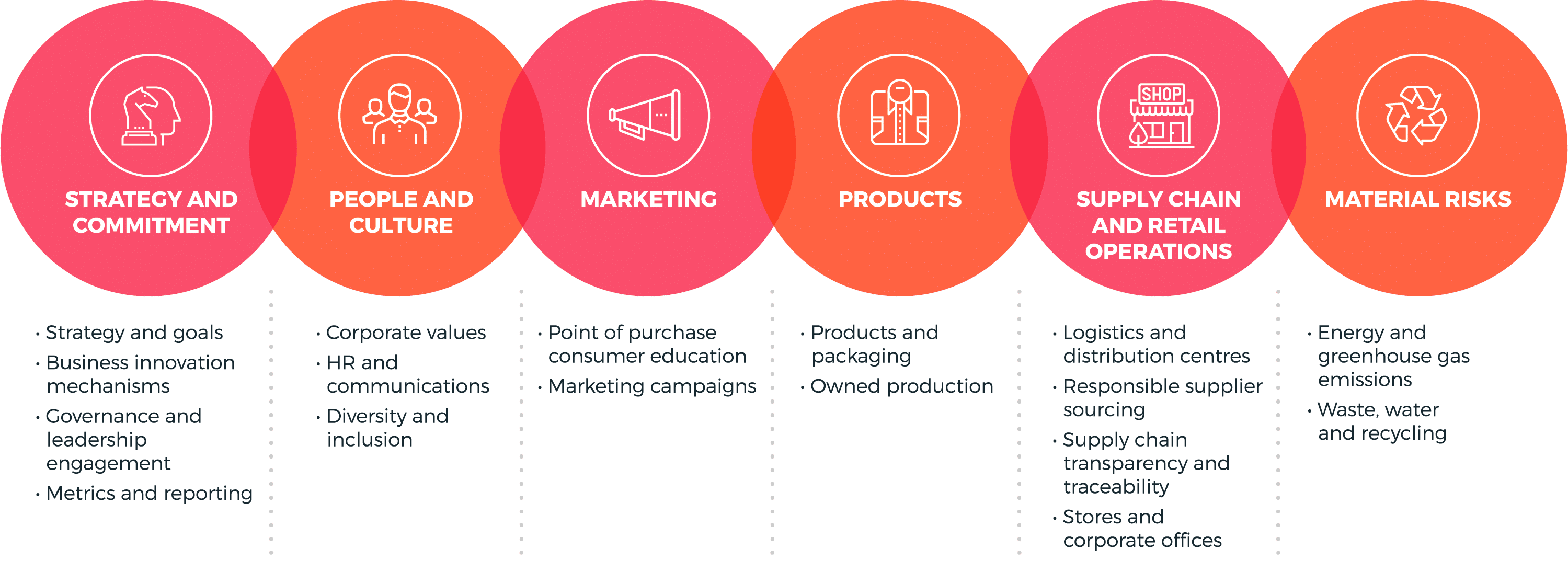Black Friday, Cyber Monday, Singles’ Day (an unofficial holiday and shopping season for those not in relationships), and the impact of COVID-19 restrictions are likely to make November a record-breaking month for online spending. This Black Friday weekend is estimated to generate £6bn in sales1, on top of the £1.4bn that Singles’ Day is expected to have made in the UK this year2. These events might boost our economy, but what about the impact on our planet?
Accelerated retail sales are damaging our planet
It’s the hidden cost of these events on our environment that we need to be aware of, for example:
- 429,000 tonnes of carbon dioxide emissions are expected to be generated with Black Friday this year3 – the equivalent of 49,504 homes’ energy use for one year
- only 20% of waste is sent to landfill every year in the UK, leaking harmful toxins into our water and soil
- packaging is one of the largest contributors to our plastic consumption, with only 9% of plastic waste produced ever being recycled and much of it ending up in our oceans4.
The restrictions and health fears from COVID-19 have reduced our ability to shop in stores, shifting sales online and accelerating the negative environmental impact. Online shopping has grown by 74% this year, with 45% of UK adults receiving more deliveries than before the coronavirus pandemic.5 Research has also shown that 1 in 3 online purchases are returned, with 2bn kilograms of products ending up in landfill, leading to 13 tonnes of carbon dioxide being released6. This dramatic increase in online sales is set to have a detrimental impact on the environment so retailers need to be pausing at this time to think about how their business is impacting our planet before it’s too late.
The retail sector is starting to make bold moves
This month, over 60 UK retailers have signed the British Retail Consortium’s (BRC) pledge to reach net-zero carbon emissions by 2040. Customers are demanding that retailers give greater thought to their purpose and environmental impact. Leading businesses are championing resource efficiency, social sustainability and environmental conservation.
- Swedish flat-pack giant IKEA is harnessing the conversation of Black Friday to promote its #BuyBackFriday campaign, a ground-breaking ‘global circularity experiment’. Customers can sell their old IKEA furniture back to the company to give it a second life.
- Patagonia, the outdoor clothing company, has incorporated sustainability into its corporate strategy values and supply chain becoming an industry leader in retail sustainability. This year, it’s rejecting the shopping period by matching all donations up to £10m made to grassroots organisations working to preserve and restore nature. Rose Marcario, Patagonia CEO, said: “This year, consider giving to our home planet in the name of someone you love.”
- Although still participating in Black Friday, Amazon is transforming its supply chain, materials and strategic goals. The company has had a record year with £89bn in sales and doubling its profits year-on-year to £3.9bn. Historically, it has been known for its unsustainable packaging and supply chain, but since 2015 it has eliminated over 900,000 tonnes of packaging material and joined the Climate Pledge Fund to be 100% renewable energy by 2025, net zero by shipment in 2030 and net zero by 2040.
These major retailers are key examples of those that are placing sustainability at the forefront of their objectives and not just focusing on the temptation of Black Friday profit.
”This dramatic increase in online sales is set to have a detrimental impact on the environment so retailers need to be pausing at this time to think about how their business is impacting our planet before it's too late.
Retailers need to ramp up their sustainability efforts now
With the Black Friday weekend approaching, most retailers are focused on one thing, driving sales to reduce the giant gap that COVID-19 has created on their balance sheet. This is critical to the survival of many businesses however we should not overlook the long-term environmental and social impact of these sales.
Our retail sustainability maturity model can help you understand where you are today and identify your priority areas for the future, ensuring that your sustainability efforts are focused on the areas that will drive the biggest impact.

Source: Retail Industry Leaders Association, Gate One insights
Across these six areas, you should consider which are most critical to you and your business, which are purely hygiene factors, and which will give you a true competitive advantage. Do you want to pledge to reduce carbon emissions only? Or do you want to ensure your corporate strategy and commitments are inherently focused on sustainability, with your board and executives accountable for its success?
Each business will answer these questions differently. It is the right combination of efforts that will ensure you are delivering a more sustainable future for your business, your customers and the wider world.
Sustainability is no longer a differentiator but is a must-have for businesses to thrive. Take our five-minute self-assessment for a temperature check on where you sit on the scale today.
1 Black Friday spending expected to increase to £6 billion | Finder
2 Singles’ Day: value of sales in the United Kingdom (UK) from 2018 to 2020 | Statista
3 This year’s Black Friday online shopping ‘could generate 429k tonnes of CO2 emissions’ | future Net Zero
4 Beat plastic pollution | UN Environment
5 Black Friday 2020: How to successfully prepare for peak in the face of uncertainty | Modern Retail
6 Environmental impact of online shopping | British Council




Sustainability is no longer a differentiator but is a must-have for businesses to thrive. Take our five-minute self-assessment for a temperature check on where you sit on the scale today.


